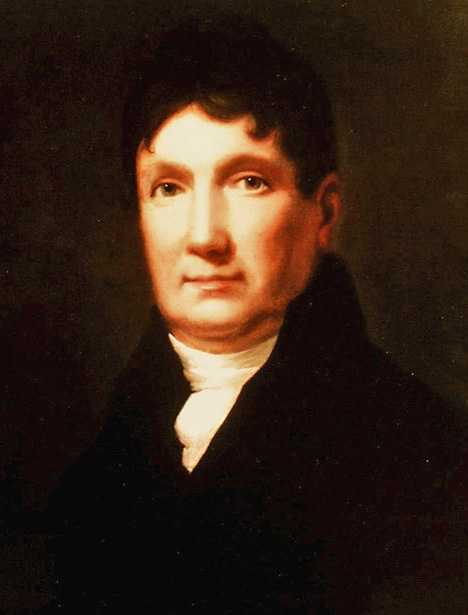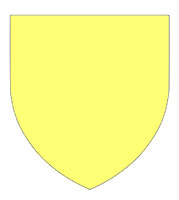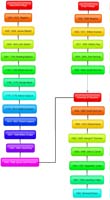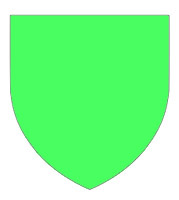| Professors of Natural Philosophy at the Universities of Aberdeen |
Dr Patrick Copland LLD FRSE 22nd Mar 1748 (OS) - 10th Nov 1822('OS' is an old-style date on the Julian calendar, as used at the time). Patrick Copland had been invited by his predecessor George Skene to assist him in 1774. In the following year Skene translated himself to the Chair of Civil and Natural History and Copland was appointed Professor of Natural Philosophy and Regent. Once he had found his feet, Copland proved a 'go-ahead' character, acknowledged the best teacher in the College and certainly the one who showed the most initiative. I have written extensivelye.g. John S, Reid "Patrick Copland (1748-1822)" M.Litt. Thesis 1983, Aberdeen University Library; and DNB "Patrick Copland 1748 - 1822" with references therein. about Patrick Copland. In the Annals of Aberdeen [A. Brown & Co., Aberdeen, 1818]. Vol II, Book II, pp 96 - 97., William Kennedy wrote about the Natural Philosophy class in words that may well have been supplied by Copland himself 'Previous to the year 1775, the apparatus belonging to this class consisted of a few instruments, which had received little addition or improvement from the time that they were purchased by the college, about the year 1707 [1727 is more likely], and, of course, were ill calculated to afford much aid in illustrating the science in its modern state of improvement. The inconvenience of this was early felt by the professor, and therefore, about the year 1780, he made an application to the "Board of Trustees, at Edinburgh, for promoting the fisheries and manufacturers of Scotland," pointing out the great utility of a proper philosophical apparatus in the college, and the advantage which, not only the students, but the public in general, would derive from it. Accordingly that honourable Board allowed an annual sum to the college, for several years, for the purpose of defraying the expense of procuring models of machines then used in our principal manufactures.' The quotation continues to mention how the money was used to pay a technician [John King, possibly the first technician employed within a British University?] and the text specifies a range of models so acquired. There is in fact a 1790 inventory that corroborates Kennedy's words and supplies more detail. This is taking us into the 1780s, beyond the first appointment of Copland to the Chair. The mention of the 'general public' foreshadows Copland's very extensive course of public lecturesJohn S. Reid "Late Eighteenth-Century Adult Education in the Sciences at Aberdeen: The Natural Philosophy Classes of Professor Patrick Copland" pp 168 - 179 in J. J. Carter and J. H. Pittock (eds.) "Aberdeen and the Enlightenment" (Aberdeen University Press, 1987). that began in 1783. For a cost of 1 guinea, those enrolled, and it was open to ladies too, received a course of some 70 lectures well illustrated by models and demonstrations, emphasising the interesting and practical parts of Natural Philosophy. It was a longer course and begun earlier than that of George Birkbeck, whose evening lectures lead to the foundation of 'Birkbeck, University of London'. I should add that the success of his extra-mural course was noted far outside Aberdeen. It was said to be a spur for founding the Royal Institution in 1799 (whose lectures were intitally aimed at workers) and it was certainly a major factor in securing Copland a State pension for life in 1803, a rare honour. For all but one year, Copland continued with Natural Philosophy until 1822. See the next piece on Robert Hamilton for why there was a break, after which there is more on Copland. |
 The portrait of Patrick Copland, in possession of his descendant Patrick Copland, shows him around the year 1817. The portrait of Patrick Copland, in possession of his descendant Patrick Copland, shows him around the year 1817. |
|
Page by John S. Reid Dec. 2017 |


